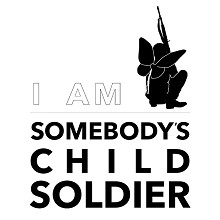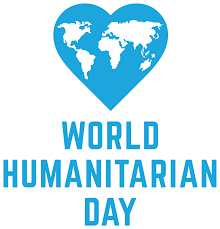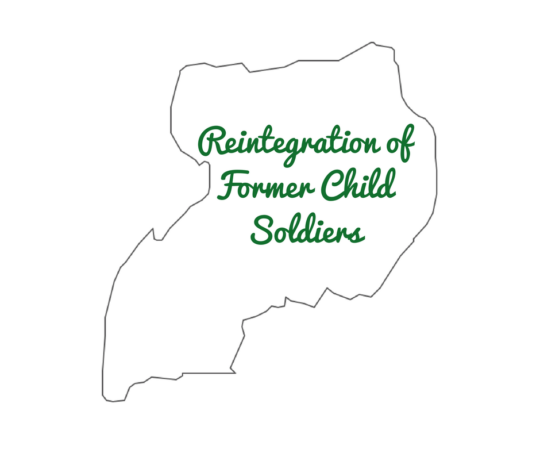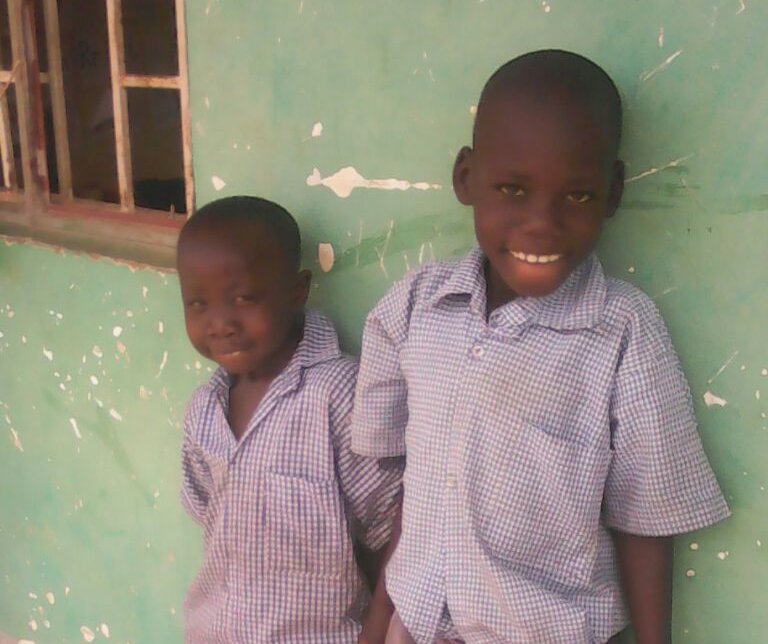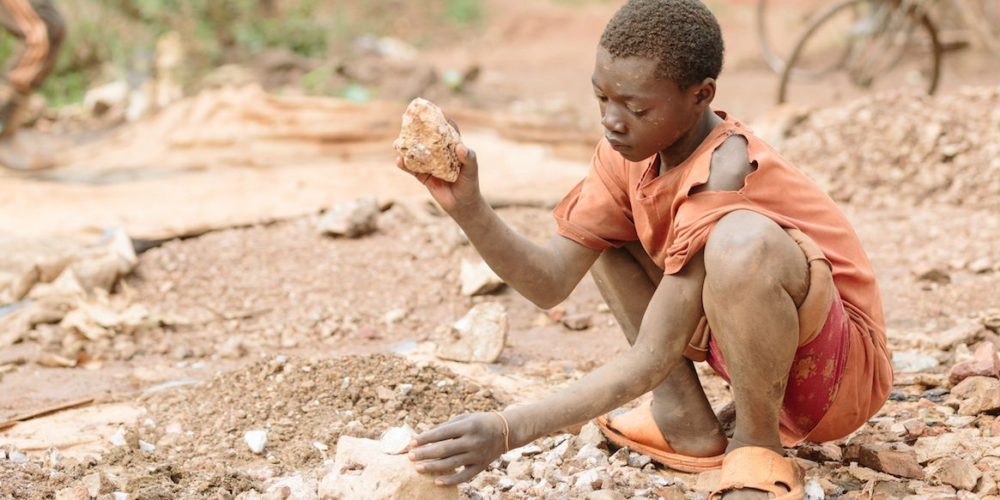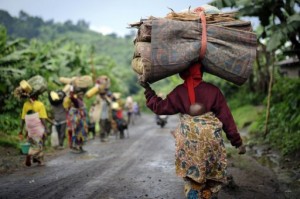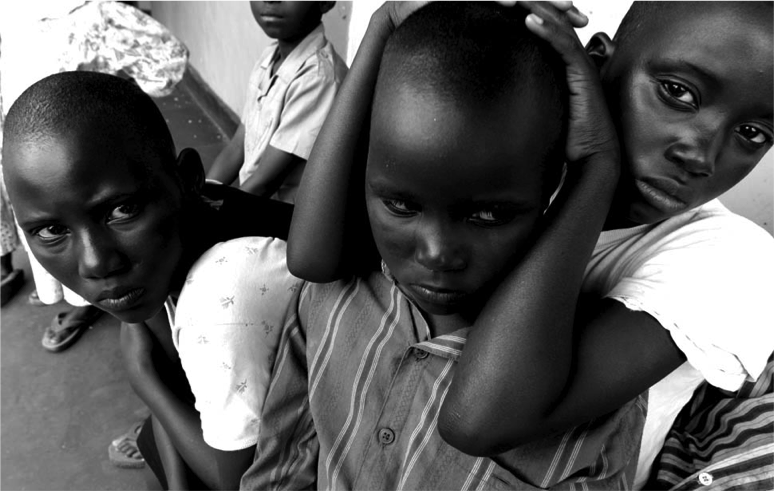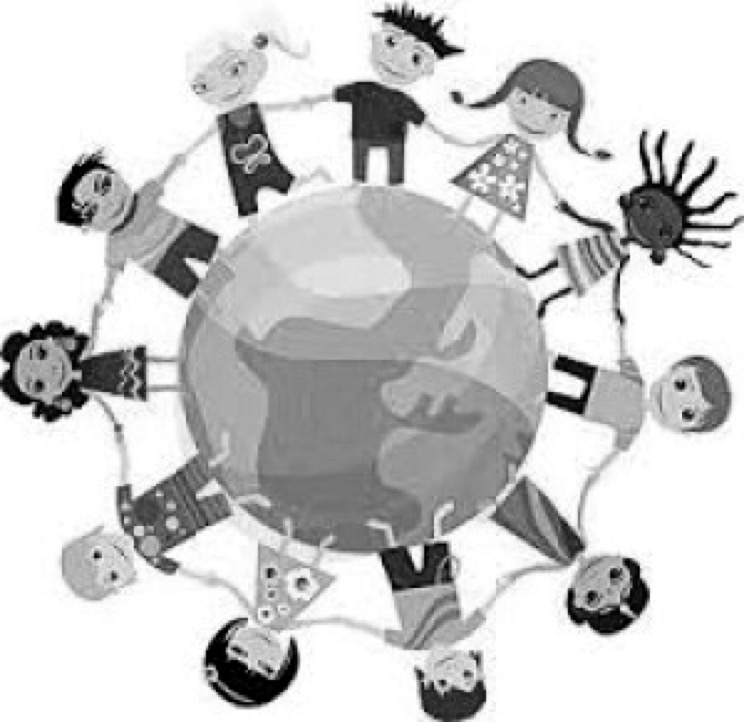IT Project
Nowadays, the acquisition and the development of IT skills are key factors enabling not only a full integration in our societies but also new working perspectives, especially in the third world.
This is why our charity has launched a dedicated IT Literacy programme at Laroo ADRA school in partnership with Eton College, UK. In fact, within one year we have supported pupils at Laroo ADRA school to:
- Improve their digital skills through tailored IT lessons run weekly since June 2018
- Improve their English literacy skills through lessons in letter writing on Microsoft Word
- Improve collaborative learning and knowledge sharing
- Acquire useful life skills through technology
We are now fundraising to raise crucial support and funds to enable the pupils of Laroo ADRA to acquire advanced IT skills through a tailored advanced programme that includes the following steps:
- Step 1: Enable former child soldiers to acquire advanced IT skills
- Step 2: Children will then pass on their acquired ICT skills to their families by inviting them to the IT hub located at the school and delivering lessons to them
- Step 3: Together, the children and their families can train their communities in ICT in exchange for a wage
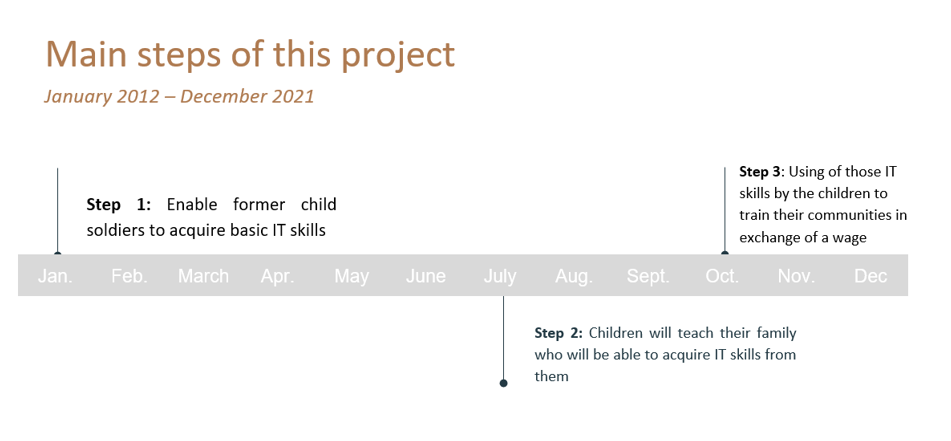
We will implement this project with our local partner the Laroo ADRA school to improve the learning experience and living standards of their 43 hearing impaired pupils out of 800 attending the school.
We are already providing the following to the school:
- School uniforms and kits for physical education
- School books and materials including aids specifically designed for pupils with hearing impairments
- Food by serving posho (made of maize flour, millet flour, or Sorghum flour) and beans
- Consistent electricity
We will then need to create and set up an IT room. This IT room will host the HPE ProLiant MicroServer Gen10. It is a compact and uniquely designed server that is ideal for small and home offices looking to build their first IT server environment with a form factor that is easy to use.

Regarding the financial projection, we are currently trying to raise £29,250 in order to implement an IT programme for former child soldiers:
- £13,150 will support the IT cost
- £13,000 will support the management cost
- £2,000 will support the solar panel cost including electrical wiring and labour cost
- £1,100 will be dedicated to renovation costs
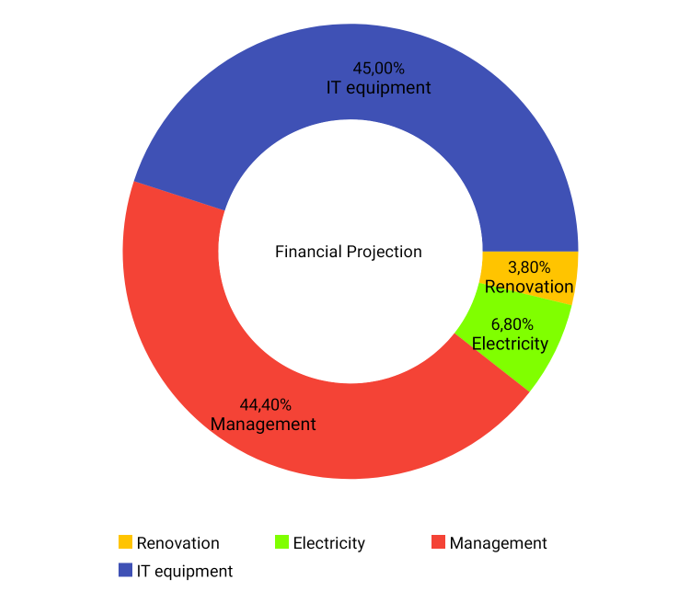
Feel free to support our project via this link: https://iamsomebodyschildsoldier.org/donate.html
